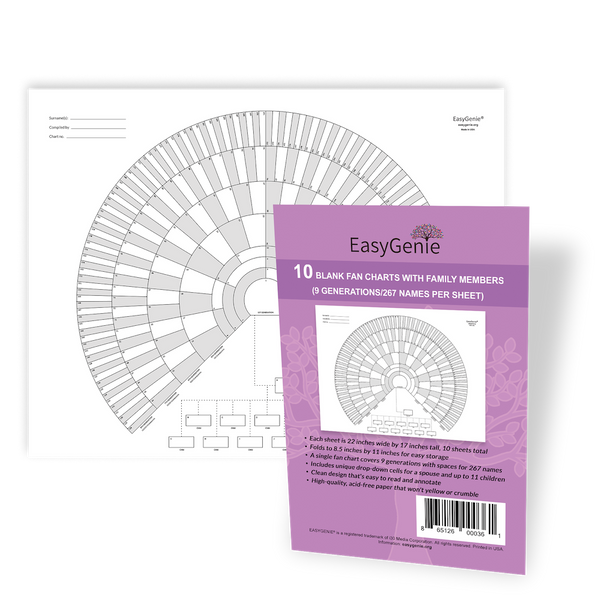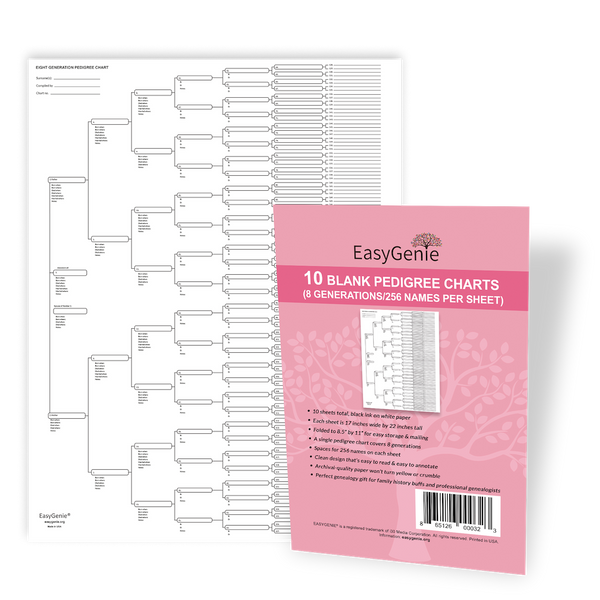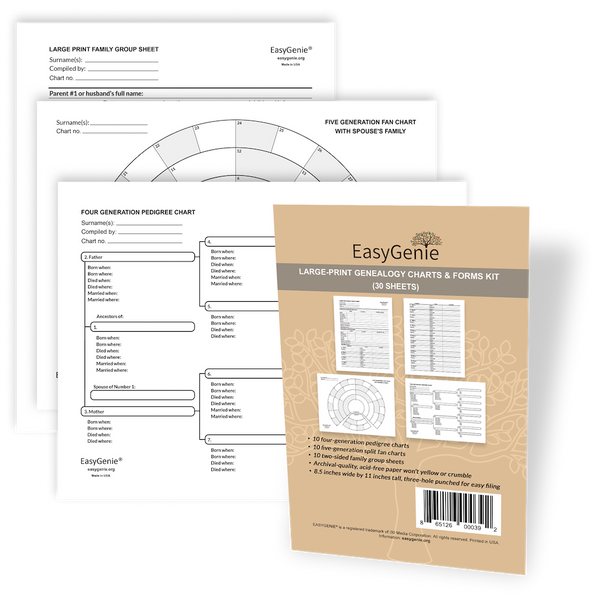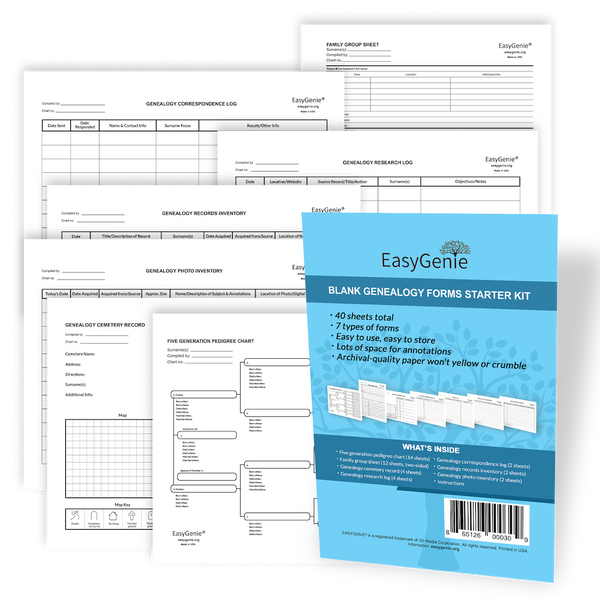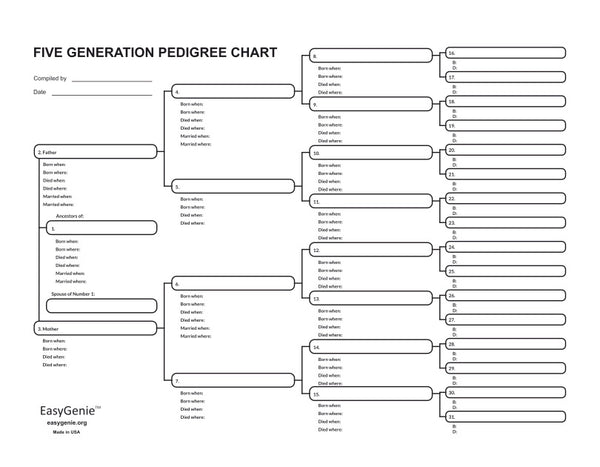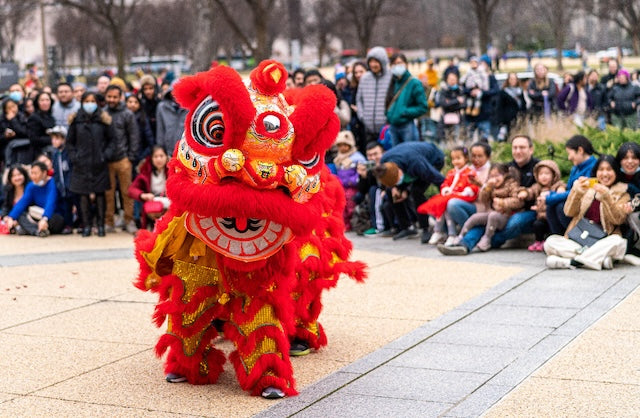
7 things that make Lunar New Year so special
Ian LamontHow to describe Lunar New Year? In a way, it is like Thanksgiving - an opportunity to reconnect with relatives and eat far too much. But LNY also shares similarities with Christmas, including religious observations and gifts for younger relatives. What follows is an overview of 7 things that make Lunar New Year such a special holiday for billions across the globe.
1. Lunar New year is based on the lunar calendar
The lunar calendar follows the phases of the moon, with Lunar New Year falling on the first new moon of the lunar calendar. The date is not fixed, but usually occurs in January or early February. In 2024, new year’s day fell on February 10. In 2025, it falls on January 29.

2. Food & feasts are a big deal
The biggest feast day is New Year’s Eve, when the family gathers and enjoys auspicious or symbolic foods:
- Dumplings: wealth or treasures
- Fish: abundance
- Hot pot: family unity
In Taiwan, certain fruits and vegetables such as oranges, radish, and pineapples are decorated in crowded street markets with red ribbons or stickers because their names are homonyms for good fortune or happiness.

3. Local celebrations throughout Asia
Also known as the Spring Festival or Chinese New Year, it’s not just a Chinese holiday. Taiwan, Vietnam, Korea, Mongolia, Thailand, Myanmar and other countries observe Lunar New Year, too. In each of these countries, there are local New Year’s traditions. In Vietnam, the LNY holiday is known as Tết. In the Philippines, people wear polka dots for prosperity and good fortune.
4. Zodiac animals
The new year is associated with a new animal according to a 12-year zodiac cycle. For instance, 2024 welcomed the Year of the Dragon. From people’s front doors to public celebrations, dragons were everywhere. 2025 will be the Year of the Snake. 2026: The Year of the Horse.

5. Fireworks
Firecrackers, fireworks, and gongs are believed to ward off evil spirits and bad luck in the coming year.
6. Red envelopes for kids
The traditional New Year’s gift for children is a red or gold envelope filled with cash.

7. Ancestors are included
In Taiwanese homes, people will burn ghost money or make small food offerings in front of the ancestral shrine. At mealtime, some households leave empty plates for family members who have passed away. Temples are crowded with people burning incense, and offering prayers and greetings to the deceased.
Happy New Year - or, xin nian kuai le (新年快樂)!
